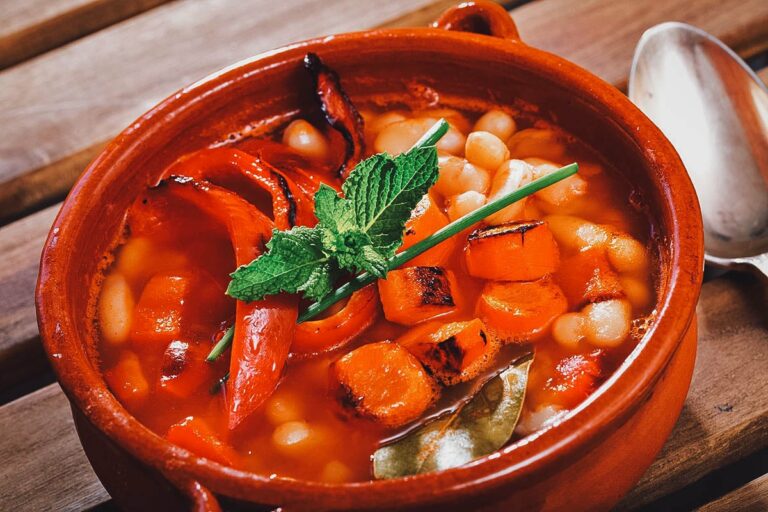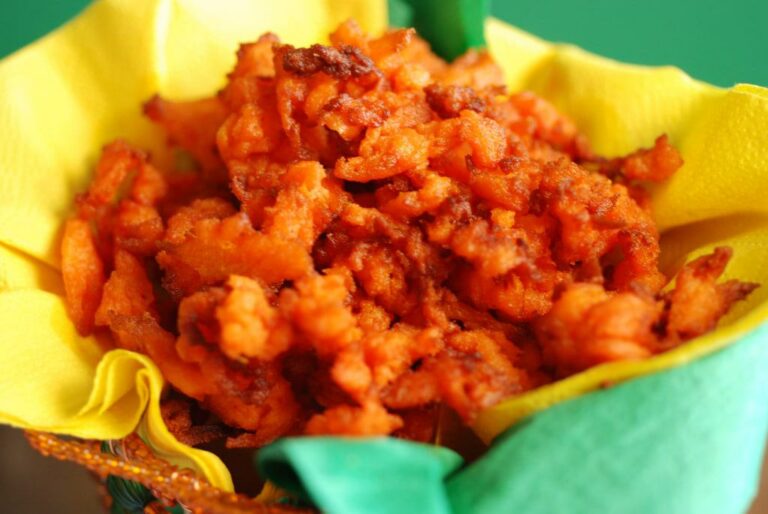Introduction: Bulgarian Dining Customs
Bulgarian cuisine is known for its delicious dishes, such as banitsa (a pastry made with cheese and filo dough) and kavarma (a stew made with meat and vegetables). However, like many cultures, Bulgaria has its own dining customs and etiquette that visitors should be aware of before dining with Bulgarians. Understanding these customs can help visitors appreciate Bulgarian cuisine and avoid any unintentional faux pas.
Dining with Bulgarians: What to Expect
Bulgarian dining often involves sharing meals with others, whether it’s with family, friends, or colleagues. Meals are often considered social events, and it’s not uncommon for conversations to continue long after the plates have been cleared. Additionally, Bulgarians often take their time when eating, savoring each bite and enjoying the company of those around them. Visitors should be prepared for a leisurely dining experience and be ready to engage in conversation with their hosts.
Table Manners: Dos and Don’ts
When dining in Bulgaria, it’s important to follow certain table manners to show respect for your hosts and the food being served. For example, it’s considered impolite to rest your elbows on the table or talk with your mouth full. Additionally, it’s customary to wait for the host to begin eating before starting your own meal. Visitors should also avoid reaching across the table to grab dishes and instead ask for them to be passed. Finally, it’s polite to finish everything on your plate as a sign of appreciation for the food.
Etiquette for Eating Bread and Cheese
Bread and cheese are staples in Bulgarian cuisine, and there are specific customs associated with consuming them. When presented with a basket of bread, it’s customary to take a small piece and pass the basket to the person next to you. When eating cheese, it’s considered impolite to bite into a large piece directly from the serving plate. Instead, cheese should be cut into small pieces and placed on your own plate before consuming.
Alcohol Etiquette in Bulgarian Dining
Alcohol is often served during Bulgarian meals, particularly during festive occasions and celebrations. Visitors should be prepared to toast frequently, and it’s considered polite to take at least a small sip of each drink offered. However, it’s important to remember that drinking to excess is generally frowned upon in Bulgarian culture, and visitors should be mindful of their alcohol consumption.
Special Occasions and Festive Foods
Bulgarian culture places a strong emphasis on traditional celebrations such as weddings, christenings, and holidays. These occasions are often marked with festive foods such as roasted meats, salads, and pastries. Visitors should be prepared to partake in these traditional dishes and show appreciation for their hosts’ efforts in preparing them.
Tipping Etiquette in Bulgarian Restaurants
Tipping in Bulgarian restaurants is generally expected, with a typical tip amount being around 10% of the total bill. It’s customary to leave the tip on the table rather than handing it directly to the server, and visitors should be aware that some restaurants may include a service charge on the bill.
Conclusion: Enjoying Bulgarian Cuisine with Etiquette
By following these customs and etiquette guidelines, visitors can fully appreciate Bulgarian cuisine and show respect for the culture. Dining with Bulgarians is a social event that often involves sharing meals and engaging in conversation, and visitors should be prepared for a leisurely and enjoyable experience. With a little bit of effort, visitors can leave a positive impression on their hosts and create lasting memories of Bulgarian cuisine and hospitality.



